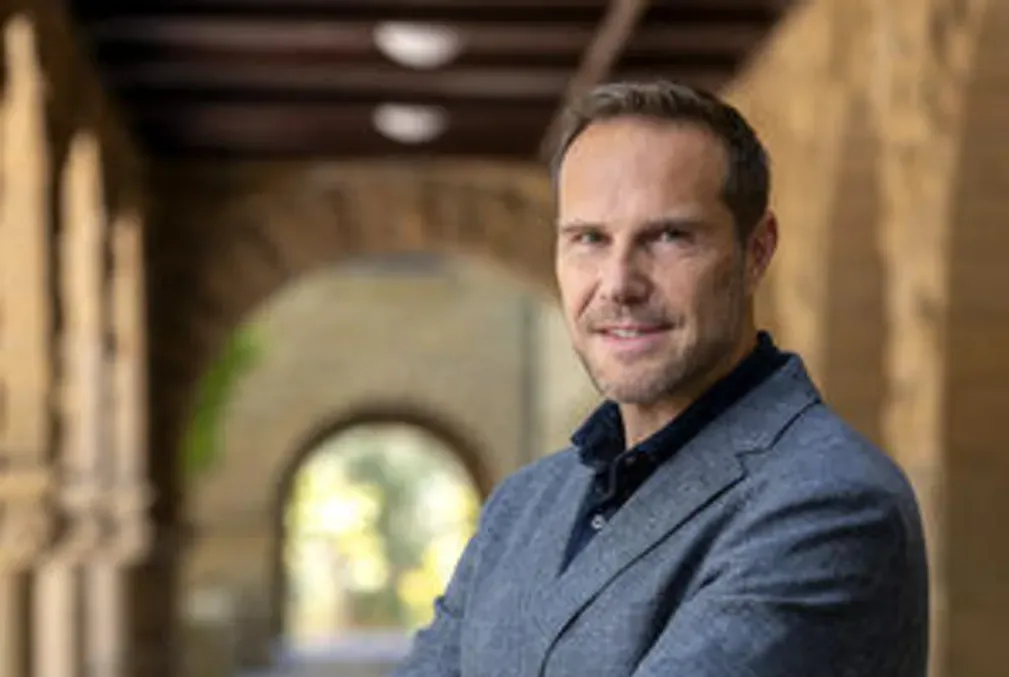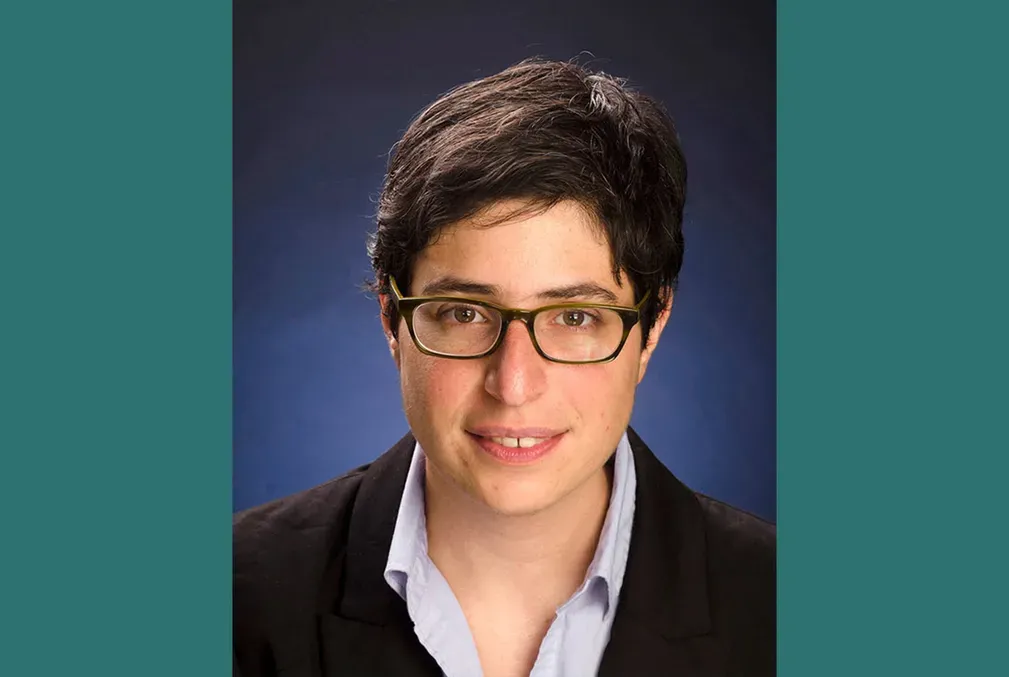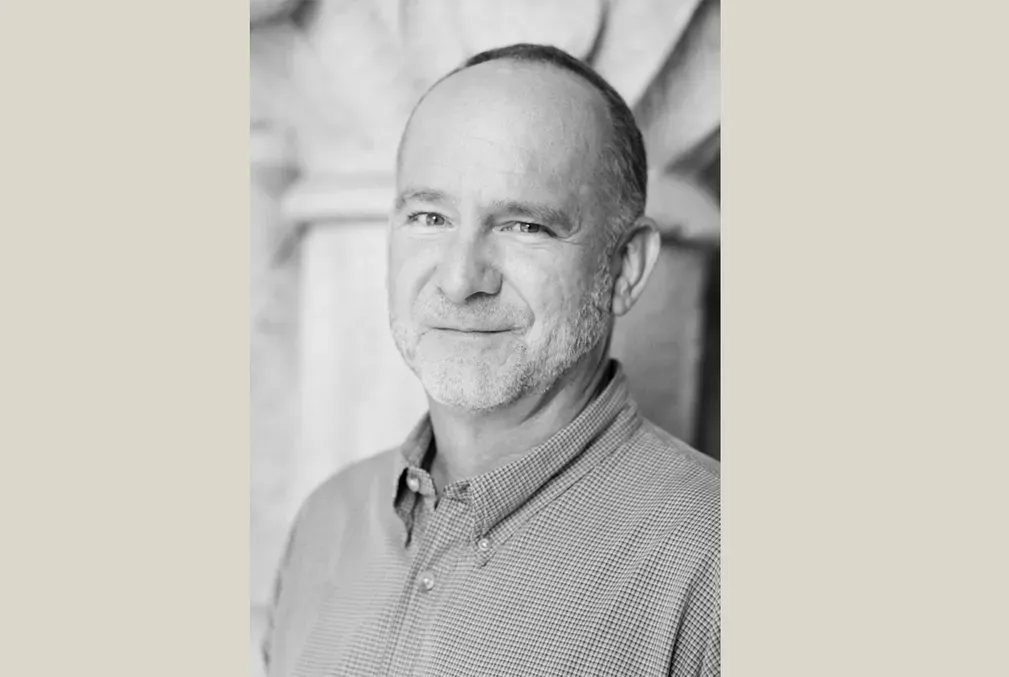Remembering Louise Glück
The Nobel laureate, 2003-2004 Poet Laureate of the United States, and former visiting professor at Stanford died last week at 80.
Poet Louise Glück, often named as one of America’s greatest living writers, winner of the 2020 Nobel Prize in literature, and a former Mohr Visiting Poet at the Stanford School of Humanities and Sciences’ Creative Writing Program, died Oct. 13.
Glück’s death was cause for reflection across campus, not just from former students and those in the writing program where she taught, but also across the Stanford community. Her own austere poetry frequently dealt with enduring human themes of mortality, grief, and loss, but that often-stark subject matter belied the person Louise Glück was.
Despite a limited role at Stanford, Glück established a significant presence on campus. She taught a winter quarter undergraduate course as the Mohr Visiting Poet six times between 2012 and 2020, and she taught a workshop in the Stegner Fellowship program five times between 2015 and 2022. In 2022, Glück officially joined the faculty as the Denning Family Professor in the Arts, although she only served on the faculty for a few months before leaving Stanford.
“Louise Glück was a figure of historic dimensions in American poetry,” noted Nicholas Jenkins, co-director of the Creative Writing Program. “At a local level, she was also a major figure in the often overlooked but extraordinary history of women poets who have taught at Stanford, including Adrienne Rich, Denise Levertov, and Eavan Boland. She was well known on campus, but also around the nation, for her passionate and demanding commitment to teaching younger poets. In terms of the outstanding publications—many of them first books—by poets who studied with her, the results have been extraordinary.”
In her Nobel lecture, Glück described the poetry that most affected her: “… poems of intimate selection or collusion, poems to which the listener or reader makes an essential contribution, as recipient of a confidence or an outcry, sometimes as co-conspirator.” She could have been talking about her own poetry.
“There’s world-building at play in her poems as Louise moved between voice registers,” recalled poet and colleague A. Van Jordan, the Humanities and Sciences Professor and professor of English in H&S. “Often this pivot comes as the poem moves not so much from reality to fantasy but from exterior world to the interiority of her speaker. This secures a kind of reality of the fantasy; after all, the most logical space for fantasy to exist is within one’s mind, one’s desires, and one’s ambitions.”
“What’s not talked about enough, however, was Louise's commitment to her students,” Jordan added. “She was tireless in her advising, and she would invite her workshop to her home for meals. She was old school in that beautiful way. Even at nearly 80 years of age, I think she advised more students one-on-one than anyone else in the department.”
Glück was not, however, one for conventional pedagogy. One former student, Sun Paik, described receiving assignments from her in plain Courier font, on paper, as if typed on an old typewriter. Classes often began with long silences, as if begging to be filled with words. Student final projects were to be mailed to the professor in hard copy or, better yet, presented in person at Glück’s home, Paik recalled.
One-time student Jackson Holbert remembered her whimsical, deliberately vague prompts designed to spark creativity. “She would just include lists of things that had to be in the poem—the phrase ‘ruined youth,’ an airplane, a dog barking,” Holbert recalled. “I had read her poems, and I expected her to be a cold, quiet person, but she was incredibly social. She was also very, very funny.”
Despite a stature that could intimidate and a reputation for frankness, Glück was also a generous mentor—always available, always interested in helping cut to the kernel of an idea, always caring.
“When I was feeling like a defeated poet and couldn't write anything, I went to her,” remembered Shangyang Fang, a former student whose first book of poetry Glück edited. “She told me her life story about the inability to write, and she said, ‘Just wait. Helplessness creates genius.’ I asked her once: ‘How do you know anything you wrote is any good?’ Which was certainly bold and a bit absurd—me asking that of a Nobel Prize winner. She paused and said, ‘I don't.’”




